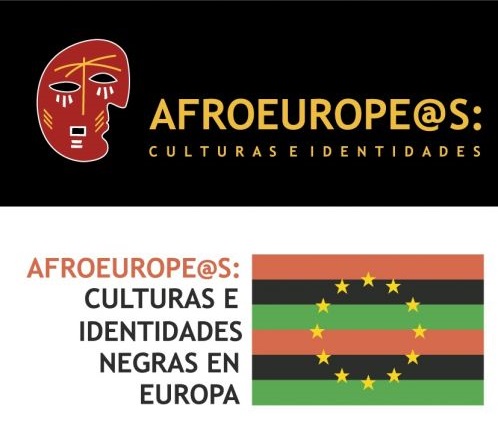
The English Seminar and the Chair of English, Postcolonial and Media Studies are proud to host the fifth African European Studies conference, which is being held in Münster for the first time (16-19 September 2015). An interdisciplinary conference with papers covering literature, history, music, theatre, art, translation, politics, immigration, youth culture and European policies, Afroeuropeans V brings together scholars, critics, activists and artists to debate and discuss these issues. With contributions envisaged from across Europe, Africa and Asia, and the Americas, the conference will enhance the field of African European Studies as well as lead the way towards a new awareness of the essential contributions of Europe’s black populations in all fields.
Call for papers and panels
African European Studies explore social spaces and cultural practices that are characterised by a series of contemporary and historical overlaps between Africa and Europe. This fifth biennial conference aims to provide perspectives on specific strands of this diverse and vibrant field, including both established and emerging research areas of a trans- and multidisciplinary nature. Recognising that African European Studies cannot be confined to textual representations, we encourage submissions on a wide range of topics from several disciplinary backgrounds. This encompasses disciplines dealing with various forms of cultural representation (incl. literature, the visual arts, museums, music, new media, and performance) and those dealing with social practice (religious studies, sports, history, anthropology, sociology, politics, marketing, and management studies). In addition to academics, artists, and activists, we welcome authors, social workers, journalists, and anyone else with a specific interest in the field. We encourage submissions exploring the topics suggested below, including their cross-generic and transmedial aspects:
o Racism(s) and austerity: comparative approaches across Europe
o Colonial remains and historical interaction between Africa and Europe
o Comparative diaspora studies: African Caribbeans, African Europeans, African Americans
o Resistance and resistive practices
o Growing up African European: e.g. youth culture; adoption; children’s literature
o Education: Primary, secondary, tertiary
o African European book studies: translation, publication, reception
o Digital displacement and virtual communities
o ‘Remember the ship in citizenship’ (John Agard): visions and crises of multicultures
o Border control: refugees, migrants, visitors
o Faith and religious practice: basis for stigmatization and community formation
o Gender and queer lifestyles: activism and marginalization
o Behind the headlines: health, development, aid
o Black European urban and rural spaces
Submissions that do not directly deal with the aforementioned topics will also be considered. Presentations are not restricted to written academic texts; they can also include performances, readings, panel discussions, and workshops. Individual contributions should extend to no more than twenty minutes and can be held in English, Spanish, French, or German. We require an abstract of 300 words in English.
Abstracts for ‘Afroeuropeans V’ can be submitted no later than 8 March 2015. Complete paper sessions comprising three papers and other formats, such as roundtables, are also welcome. The academic committee will reply to all submissions no later than 15 April 2015. A full programme is going to be published by 31 July 2015. A selection of papers will be published after the conference.
‘Afroeuropeans: Black Cultures and Identities in Europe’ is an international research and development
group funded by the Spanish Ministry of Science and Innovation. The group is holding its fifth
international conference, this time at the University of Münster, Germany: <ptts.wwu.de>.
Contact: Professor Mark Stein AfroEuropeans2015@gmail.com


